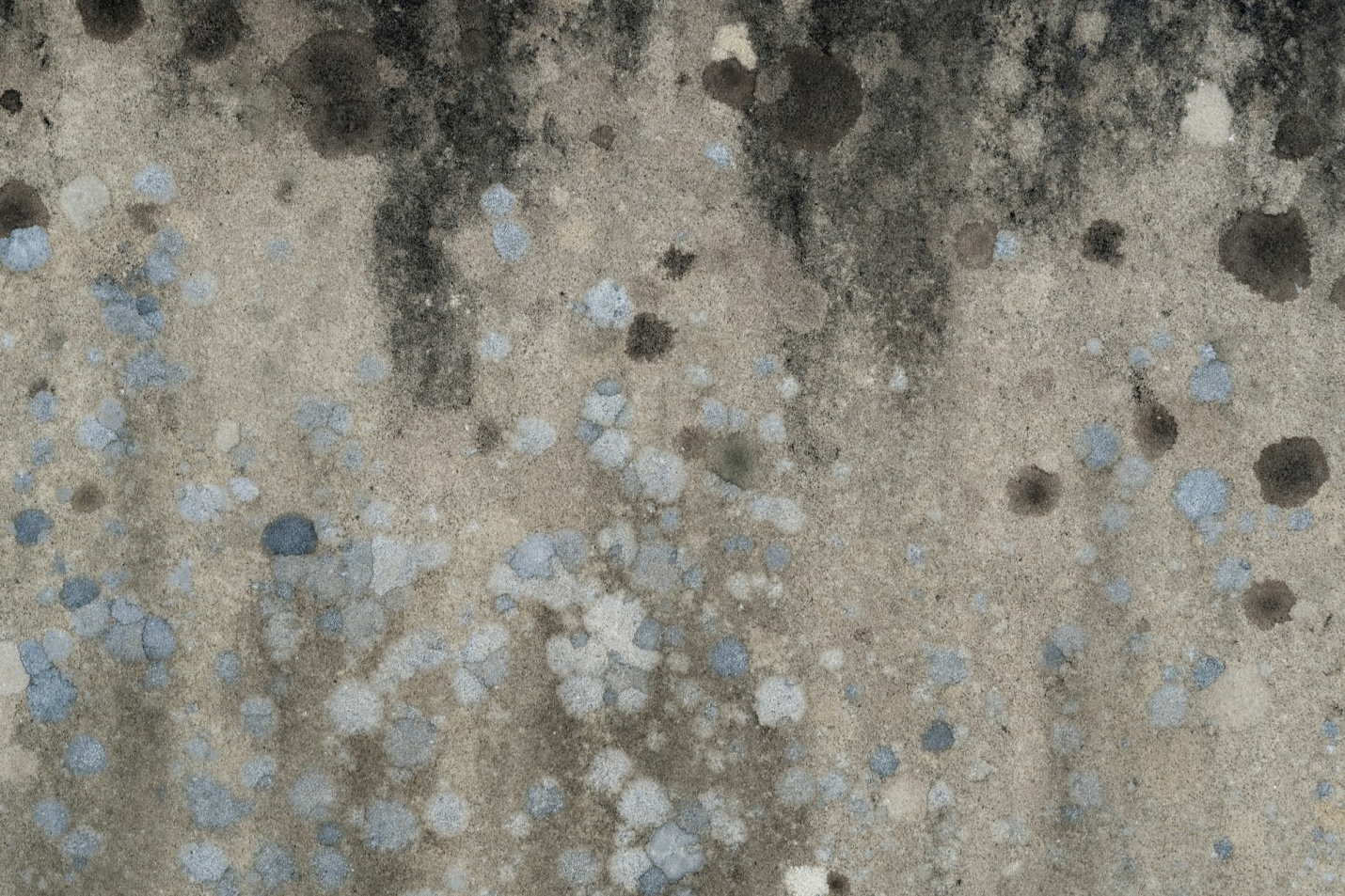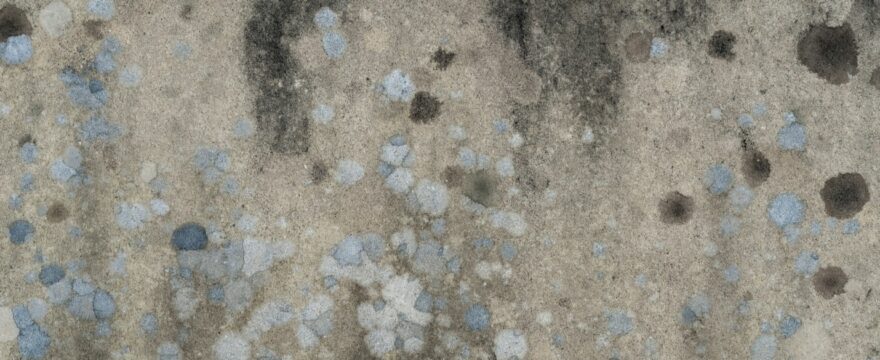
A frequent issue in homes is mold, which can seriously endanger your health and well-being. While certain mold species are generally safe, others can release toxins and allergens that can lead to allergic responses, respiratory disorders, and other health concerns. In this article, we’ll explore different types of mold that are dangerous to health and discuss the importance of mold remediation services Grand Rapids for addressing mold-related issues.
The Dangers of Mold Exposure
Prior to exploring certain problematic mold species, it’s critical to comprehend the possible health hazards linked to mold exposure. Mold spores are little particles that have the ability to travel through the air and disperse across interior spaces, especially in regions with elevated humidity or moisture content. When inhaled or ingested, mold spores can trigger allergic reactions, respiratory infections, asthma attacks, and other adverse health effects. Long-term exposure to some mold species might potentially cause more serious health concerns, such as immune system abnormalities and neurological difficulties.
Identifying Dangerous Types of Mold
Of the hundreds of kinds of mold that may grow both indoors and outdoors, only a tiny percentage are believed to be dangerous to human health. Some of the most common types of dangerous mold include:
- Stachybotrys chartarum (Black Mold): Black mold, maybe the most notorious kind of hazardous mold, is commonly found in places with water damage or high moisture content. It grows best in moist, humid conditions. In individuals who are susceptible, the mycotoxins generated by black mold can cause respiratory problems, skin irritation, fatigue, and neurological symptoms.
- Aspergillus: Aspergillus is a genus of mold that includes several species known to produce allergens and toxins. When immunocompromised people are exposed to Aspergillus mold, they may experience allergic responses, asthma attacks, lung infections, or even invasive fungal illnesses.
- Penicillium: While some species of Penicillium are used to produce antibiotics, others can produce mycotoxins that pose health risks to humans. Commonly found in houses that have had water damage, penicillium mold can irritate skin, trigger allergic reactions, and create respiratory problems.
- Cladosporium: More than thirty kinds of mold, known as Cladosporium, are frequently found in both indoor and outdoor settings. While Cladosporium mold is not typically considered highly toxic, exposure can cause respiratory symptoms, allergic reactions, and skin infections in sensitive individuals.
The Importance of Mold Remediation Services in Grand Rapids
When faced with a mold problem in your home or business, prompt action is essential to prevent further damage and protect your health. Mold remediation services in Grand Rapids specialize in identifying and removing mold growth, restoring indoor air quality, and mitigating potential health risks. Expert mold remediation businesses have the knowledge, tools, and training required to safely and efficiently clean up mold-infested spaces, guaranteeing complete eradication and averting comebacks. You can take care of mold-related problems fast and efficiently by hiring a trustworthy mold remediation business, protecting your family’s health and well-being in the process.
Preventing Mold Growth
While mold remediation services can effectively address existing mold problems, prevention is the best defense against mold-related issues. Here are some tips for preventing mold growth in your home or business:
- Control Moisture Levels: Mold thrives in damp, humid environments, so it’s essential to keep indoor humidity levels low. In locations where moisture accumulation is common, such as laundry rooms, basements, and bathrooms, use dehumidifiers; also, take quick action to fix any leaks or water damage.
- Improve Ventilation: Proper ventilation is key to preventing mold growth in indoor spaces. Ensure that bathrooms, kitchens, and other high-moisture areas are well-ventilated with exhaust fans or open windows to allow moisture to escape.
- Monitor Indoor Humidity: To prevent mold formation, keep indoor humidity levels below 60% by using a hygrometer to measure the relative humidity. For even more ease, think about purchasing a smart thermostat with humidity control capabilities.
- Inspect Regularly: Conduct regular inspections of your home or business for signs of water damage, leaks, or mold growth. Pay close attention to areas prone to moisture buildup, such as around plumbing fixtures, windows, and HVAC systems.
Conclusion: Protecting Your Health
Dangerous types of mold pose significant health risks to individuals exposed to them, making prompt identification and remediation essential. Mold remediation services in Grand Rapids offer professional expertise and solutions for addressing mold-related issues effectively and safeguarding indoor air quality. By understanding the dangers of mold exposure, identifying common types of dangerous mold, and taking proactive steps to prevent mold growth, you can protect yourself and your loved ones from the adverse health effects of mold. If you suspect mold growth in your home or business, don’t hesitate to contact a reputable mold remediation company for assistance.
